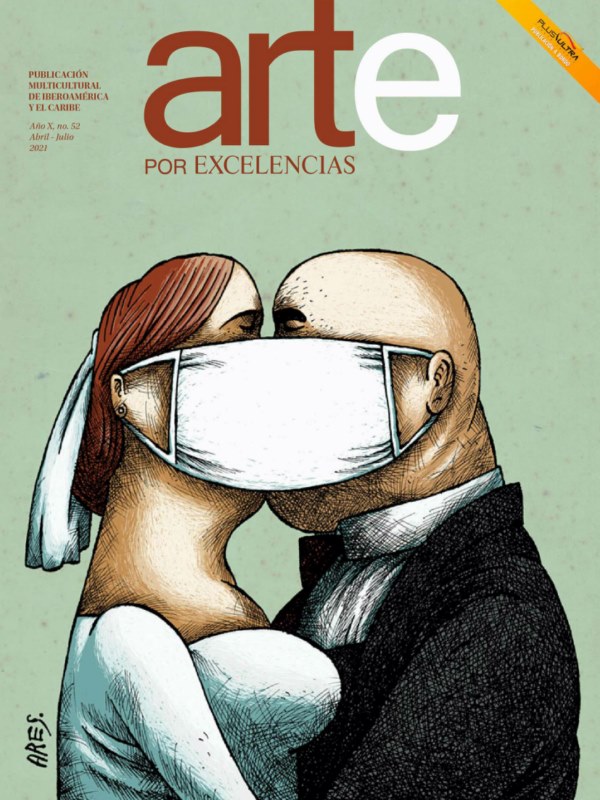Rhona Hoffman Gallery is pleased to present a new body of sculptures from Nancy Rubins' Fluid Space series, alongside new works on paper. Throughout her decades-long career, Rubins has been interested in forms and materials, often known best for her gravity-defying large-scale sculptures. In her most recent sculptural series, Rubins continues her practice of assembling found objects through the use of wiring. She has further developed this sculptural series by abstracting her found materials, and, working on a much more intimate scale, created calligraphic sculptural forms.
Slippie's Lane (2021) features a swirl of mixed metals and patterns, with organic forms resembling calla lilies and tendrils emanating from its center. Spinnie's Orb (2021) is monochromatic in hue, featuring aluminum branches and curls composed in a helix-like form. Rubins' sculptures have a gravitational pull that invites us to look and linger.
As we move through the gallery and around the sculptures, new sequences and permutations of form are revealed, surprising us as to how different each view looks. Though containing familiar cues—an antler here, a tail there—the artist's compositions appear almost abstract and otherworldly. Bound by the visible wiring, Rubins' works appear to us as organic forms at a specific moment. In contrast, the internal energy in the works convey a sense of sentient breathing, so that the works might shape-shift, appearing differently to the viewer through time and space.
Often referencing nebula, atoms, moons, and planets, and creative classifications in her titles, the cosmic underpinning of Rubins' works in Fluid Space are as metaphorical as they are material. As the artist states, "Aluminum has been through so many transformations. Stars explode, their metals arrive to earth, and we mine them—the low temperature of the material's melting point allows for further evolution once it reaches the studio. Perhaps before it was a coke can, or part of an airplane."1 Collapsing the eternal with the brief time that humans have made goods to consume and machines to fly, Rubins' works ultimately seem to pose questions about our world and our existence in it.
Rubins' sculptures are complemented by new drawings. Since the 1970s, Rubins has investigated the possibility of three-dimensionality in a two-dimensional practice by applying multidimensional strokes of graphite pencil on paper. Graphite, a naturally occurring form of crystalline carbon (a material that connects us all), acts in Rubins' drawings as traces of how her hand moves across the surface of each work. The dimensionality within the works on paper provides a glimpse into how the artist has continued to innovate the boundaries of sculpture. In this presentation of sculptures and drawings, Rubins helps us to see the most fluid potential of the materials that make up and surround us.
NANCY RUBINS
Sculpture & Drawing
Opening this Friday, October 29
Through December 18, 2021
Related Publications

Galerie Lelong & Co.: Pinaree Sanpitak
November 01, 2024
The Art Show: Castelli Gallery
October 31, 2024












